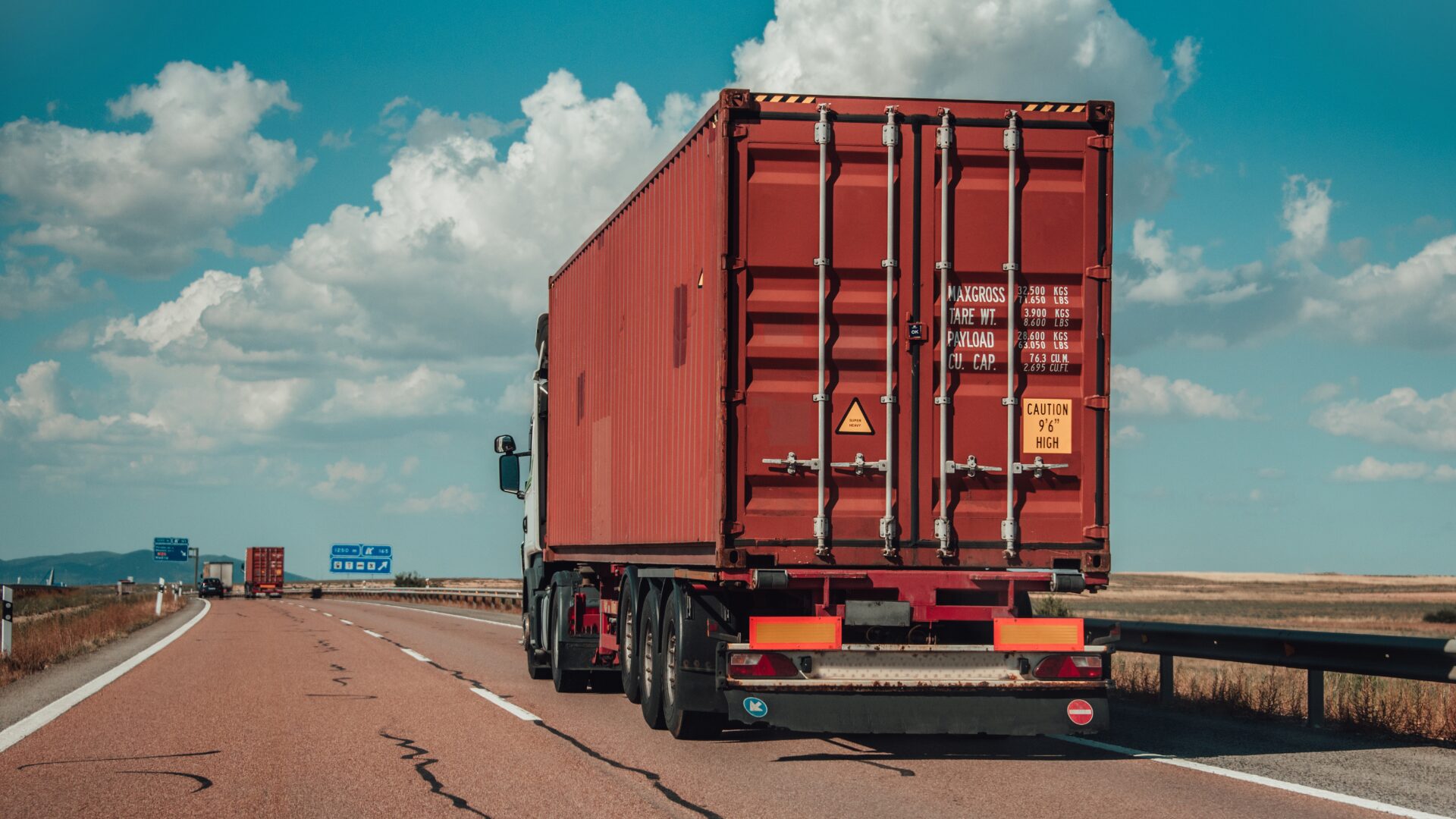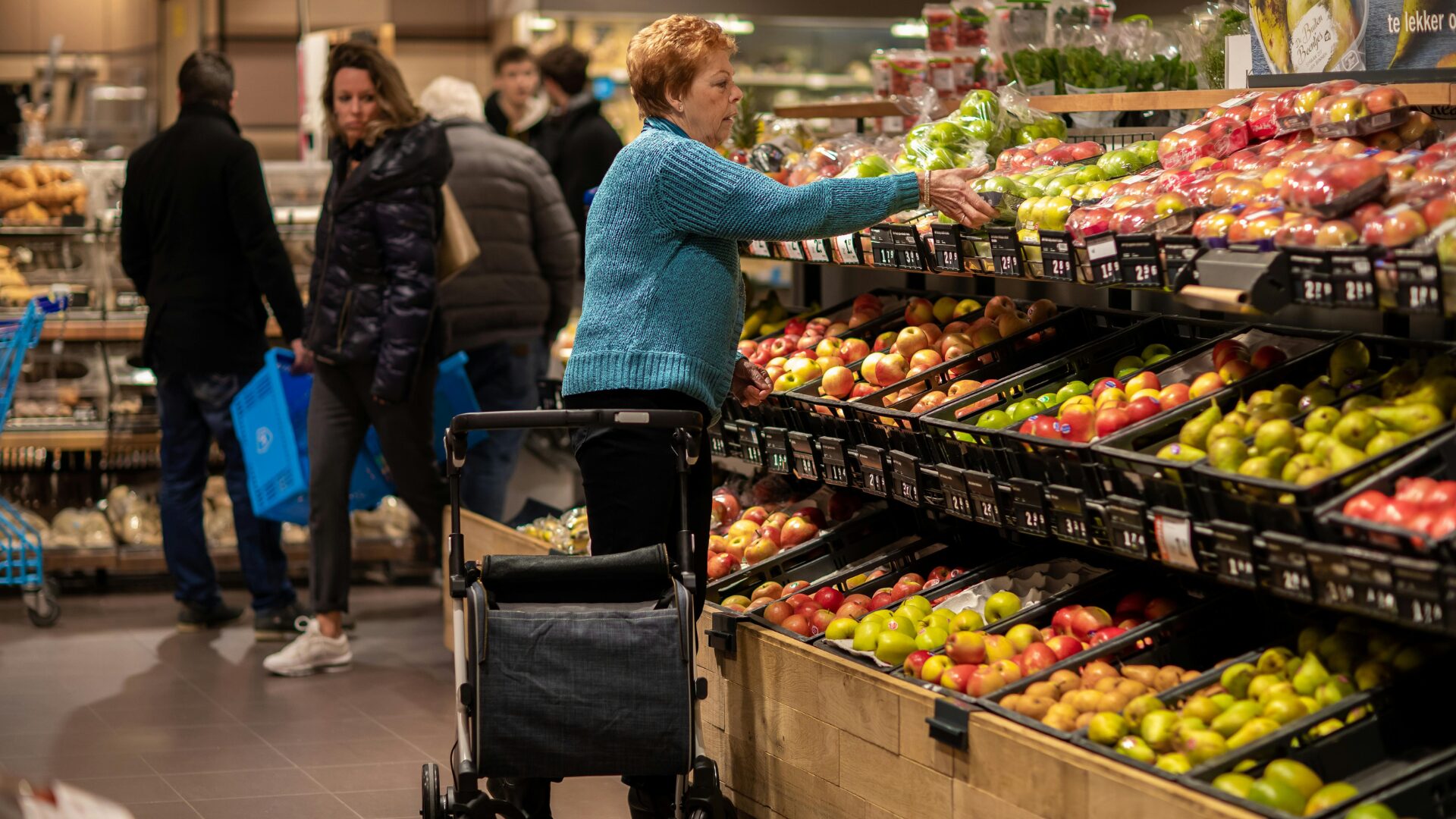What started as a trucker protest against COVID-19 vaccine mandates has grown to include many Canadians who are also pushing back against the rules, and resulting blockages could threaten an already-strained supply chain.
In January, The Food Institute detailed how pending vaccine mandates for truckers could impact cross-border trade. Between Jan. 15 and Jan. 22, both countries instituted vaccine mandates for truckers entering each country.
In response, Canadian truckers have spent nearly two weeks in Ottawa, clogging traffic in the Canadian capital’s core district, while others who were inspired by the protest moved to blockade a major bridge.
Blockade at the Ambassador Bridge
On Feb. 7, a blockade prevented access to the Ambassador Bridge, which connects Detroit with Windsor, Ontario. Although officials from both countries noted the bridge was partially reopened as of Feb. 9, U.S. trucks still cannot pass into Canada on the bridge, reported The Wall Street Journal (Feb. 9).
Reporting from Windsor, Ontario. This is is the backup on the Canadian side trying to cross the Ambassador Bridge into Detroit. The truckers’ protest has everything at a standstill. @globalnewsto @GlobalNational pic.twitter.com/ZETZjtHMl1
— 𝚂𝚎á𝚗 𝙾’𝚂𝚑𝚎𝚊 Global News (@ConsumerSOS) February 8, 2022
Instead, truckers are traveling 66 miles north to the Blue Water Bridge, which connects Port Huron, MI, with Sarnia, Ontario.
Trucks were backed up more than 17 miles leading to the Michigan Bridge, with truckers reporting wait times as high as five hours when attempting to cross the Blue Water Bridge.
Canadian lawmakers are growing increasingly concerned that the disruptions will be a drag on the nation’s economy. The Ambassador Bridge carries between 25% and 30% of all U.S.-Canada trade, depending on source.
Produce, Other Food Shortages
As Canada imports as much as 90% of its fruits and vegetables from the U.S. during the winter, the blockades are impacting its food system. The Canadian Federation of Independent Grocers noted in mid-January that grocery stores were already facing supply shortages, reported Bloomberg.
Meanwhile, a Feb. 8 New York Times article indicated restaurateurs in Ottawa are downtrodden. The end of in-person dining bans at the end of January signaled hope for the sector, and many purchased inventory ahead of the reopening. However, with the blockades and protests, many restaurants are empty.
Most truckers are eating at impromptu canteens and barbecues as the city is enforcing proof-of-vaccination rules for diners; considering what the truckers are protesting, not many are entering restaurants.
“I’ve already heard from automakers and food grocers. This is really a serious cause for concern,” Canadian Transport Minister Omar Alghabra told CBS News (Feb. 9).
Flavio Volpe, president of the Canadian Auto Parts Manufacturers Association, wondered how many truckers were part of the protests, as most trucker associations and large logistics companies have disavowed the blockades, according to the CBS News report.
Coming to the U.S.?
That same New York Times article indicated the turbulence north of the border could spread into the U.S. as a convoy-style demonstration appeared to be gathering steam online.
The proposed demonstration would see truckers drive cross-country from Sacramento, California, to Washington D.C., according to social media. Activists have shifted their messaging from calling for supplies to be sent to Canada; now, they’re trying to mobilize and support a U.S. convoy.
The demonstrations are certainly garnering widespread attention, with #TruckersConvoy2022 gaining almost 2 million interactions over the last two weeks, according to data analytics tool CrowdTangle.
Meanwhile, protesters against France’s vaccine mandates aim to use their vehicles to block roads in Paris beginning Friday, as support for the “freedom convoys” that first began in Canada spreads to other countries, reported Bloomberg (Feb. 10), showing that the issue is becoming a global one.
Alaska truckers convoy to support Canadian protests. pic.twitter.com/bbgleTxSGR
— RadioGenova (@RadioGenova) February 8, 2022












